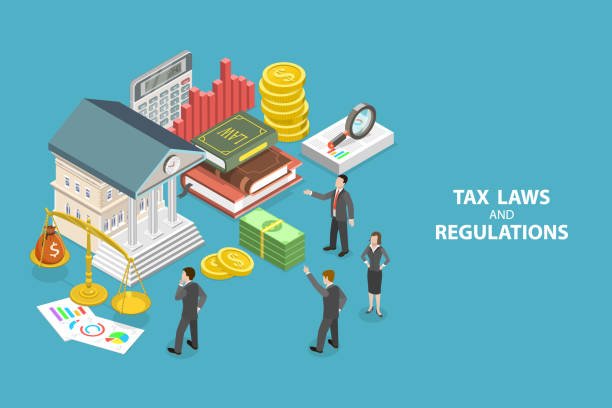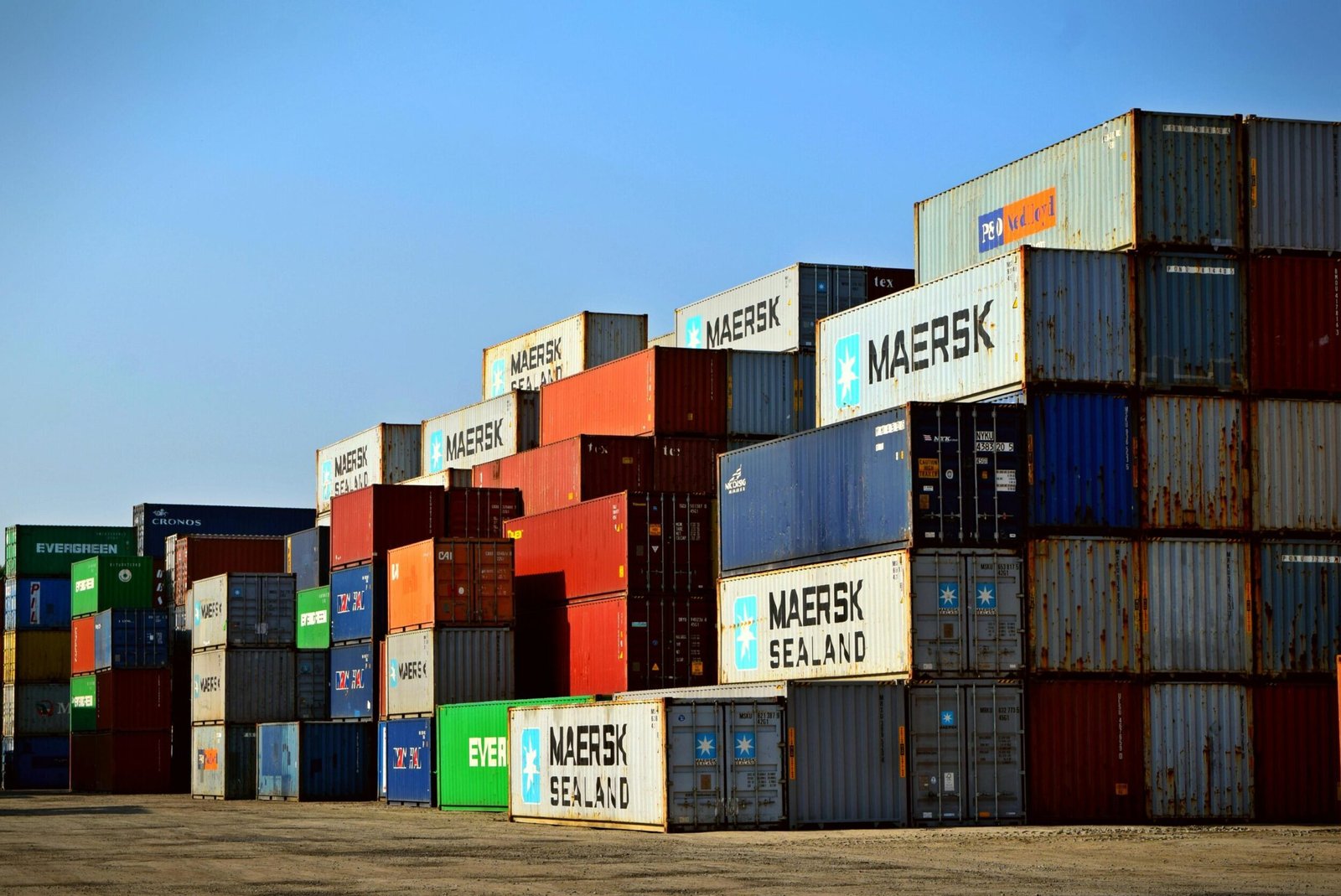Expanding into a new market can be both exciting and challenging, especially when it comes to understanding and complying with local regulations. Thailand, with its vibrant economy and strategic location in Southeast Asia, is an attractive destination for expatriates looking to start or expand their business ventures. However, to ensure a smooth entry and operation in the Thai market, expats need to be aware of several important regulations and recent developments. In this blog, we’ll explore key regulatory aspects that expats should consider before entering the Thai market, incorporating the latest news and updates.
Business Registration and Licensing for Expats
To legally operate a business in Thailand, expats must register their company with the Department of Business Development (DBD) under the Ministry of Commerce. The most common types of business entities include:
- Thai Limited Company: Requires a minimum of three shareholders and at least 51% Thai ownership.
- Foreign Business License (FBL): Necessary for foreign-owned companies operating in sectors restricted by the Foreign Business Act.
Recent updates indicate that the Thai government is streamlining business registration processes, making it easier for foreign investors to set up their businesses. These updates include an online registration system and a reduction in the number of required documents, thereby shortening the registration timeline. Expats should consult with local legal experts to navigate these procedures efficiently and ensure compliance with all local laws.
Foreign Business Act and Restricted Sectors for Expats
The Foreign Business Act (FBA) outlines sectors where foreign investment is restricted or requires special approval. These sectors are divided into three categories:
- List 1: Completely prohibited for foreign investment (e.g., media, land trading).
- List 2: Requires cabinet approval for foreign investment (e.g., natural resources exploitation).
- List 3: Requires a Foreign Business License (e.g., retail and wholesale businesses).

Recent government initiatives aim to relax certain restrictions, particularly in the technology and innovation sectors, to attract more foreign investment. For instance, the Thai government has been considering amendments to the FBA to allow more foreign ownership in key sectors, such as fintech and biotechnology, aligning with the Thailand 4.0 economic model that emphasizes innovation and technology.
Work Permits and Visas
Expats intending to work in Thailand must obtain a valid work permit and the appropriate visa. The main visa categories include:
- Non-Immigrant Visa “B” (Business Visa): For those intending to work or conduct business in Thailand.
- Non-Immigrant Visa “O”: For accompanying family members.
- Smart Visa: Aimed at attracting highly skilled professionals, investors, and executives in targeted industries like tech and innovation.
Recent news highlights that the Thai government is introducing more flexible visa policies, including longer stay durations and simplified application processes, to attract skilled foreign workers and investors. The Smart Visa, for example, now allows visa holders to stay for up to four years without the need for a work permit, provided they meet specific criteria.
Taxation and Financial Regulations
Understanding Thailand’s tax system is essential for expats. Key taxes include:
- Corporate Income Tax (CIT): Standard rate of 20%.
- Value Added Tax (VAT): Standard rate of 7%.
- Personal Income Tax: Progressive rates ranging from 5% to 35%.

The Revenue Department has been modernizing its tax collection system, incorporating digital platforms to enhance efficiency. This includes the implementation of an e-filing system for tax returns and electronic payment options. Expats should seek advice from tax professionals to ensure compliance with local tax regulations and benefit from any applicable incentives, such as tax holidays for companies in the Eastern Economic Corridor (EEC).
Employment Laws and Labor Regulations for Expats
Expats employing local staff must adhere to Thailand’s labor laws, which cover areas such as:
- Minimum Wage: Varies by region; recent increases reflect the government’s commitment to improving living standards.
- Working Hours: Maximum of 48 hours per week, with overtime regulations in place.
- Social Security: Employers must contribute to the Social Security Fund, providing benefits such as healthcare and unemployment insurance.
Staying informed about labor law updates, such as recent changes in minimum wage rates, is vital for expats to maintain compliant and ethical business practices. For example, the Thai government recently announced an increase in the minimum wage across all provinces, aimed at reducing income inequality and boosting domestic consumption.
Intellectual Property Protection
Thailand has robust intellectual property (IP) laws to protect patents, trademarks, and copyrights. Expats should ensure their IP is registered with the Department of Intellectual Property (DIP) to safeguard their business interests. Recent initiatives to align Thai IP laws with international standards reflect the country’s commitment to protecting intellectual property rights and encouraging innovation.
Thailand has also enhanced its IP enforcement mechanisms, including the establishment of specialized IP courts and increased penalties for IP infringement. These measures provide a more secure environment for businesses to protect their innovations and brands.

Environmental Regulations and Sustainability
With growing global emphasis on sustainability, Thailand has implemented various environmental regulations that businesses must comply with. These include waste management standards, emissions controls, and sustainable resource use practices. Expats should stay abreast of these regulations, especially if operating in sectors with significant environmental impact, to ensure compliance and support Thailand’s sustainability goals.
The Thai government has introduced policies to promote renewable energy and reduce carbon emissions, such as incentives for solar energy projects and regulations on plastic waste reduction. Businesses that adopt sustainable practices may benefit from these incentives and contribute to Thailand’s green economy.
Digital Economy and E-Commerce
Thailand’s digital economy is rapidly growing, with significant opportunities in e-commerce, fintech, and digital services. The government’s Thailand 4.0 initiative focuses on transforming the country into a digital hub. Expats entering the digital market should be aware of regulations related to data protection, cybersecurity, and digital transactions.
Recent news highlights the introduction of the Personal Data Protection Act (PDPA), aligning with global data protection standards and emphasizing the importance of data privacy and security for businesses operating in the digital sphere. The PDPA requires businesses to obtain explicit consent from individuals before collecting their personal data and mandates strict data security measures.
Health and Safety Regulations
Health and safety regulations in Thailand are designed to protect workers and ensure safe working conditions. Expats must comply with these regulations, which include provisions for workplace safety, health inspections, and emergency response procedures.
The Ministry of Labour has been proactive in updating health and safety standards, especially in response to the COVID-19 pandemic. Businesses are required to implement health protocols, such as regular sanitation and social distancing measures, to prevent the spread of infectious diseases.

Conclusion
Navigating Thailand’s regulatory landscape is essential for expats aiming to establish or expand their businesses in this dynamic market. By understanding key regulations related to business registration, restricted sectors, work permits, taxation, employment laws, intellectual property, environmental standards, and the digital economy, expats can ensure compliance and leverage the opportunities Thailand offers.
Staying informed about the latest regulatory updates and seeking professional advice from local experts will enable expats to successfully enter and thrive in Thailand’s vibrant business environment. As the country continues to modernize its regulatory framework and embrace global standards, the prospects for foreign businesses in Thailand look promising, making it a prime destination for international expansion.
Thailand’s commitment to economic growth, innovation, and sustainability provides a fertile ground for expats looking to make their mark in Southeast Asia. By adhering to local regulations and staying attuned to market trends, expats can navigate the complexities of the Thai market and achieve long-term success.




